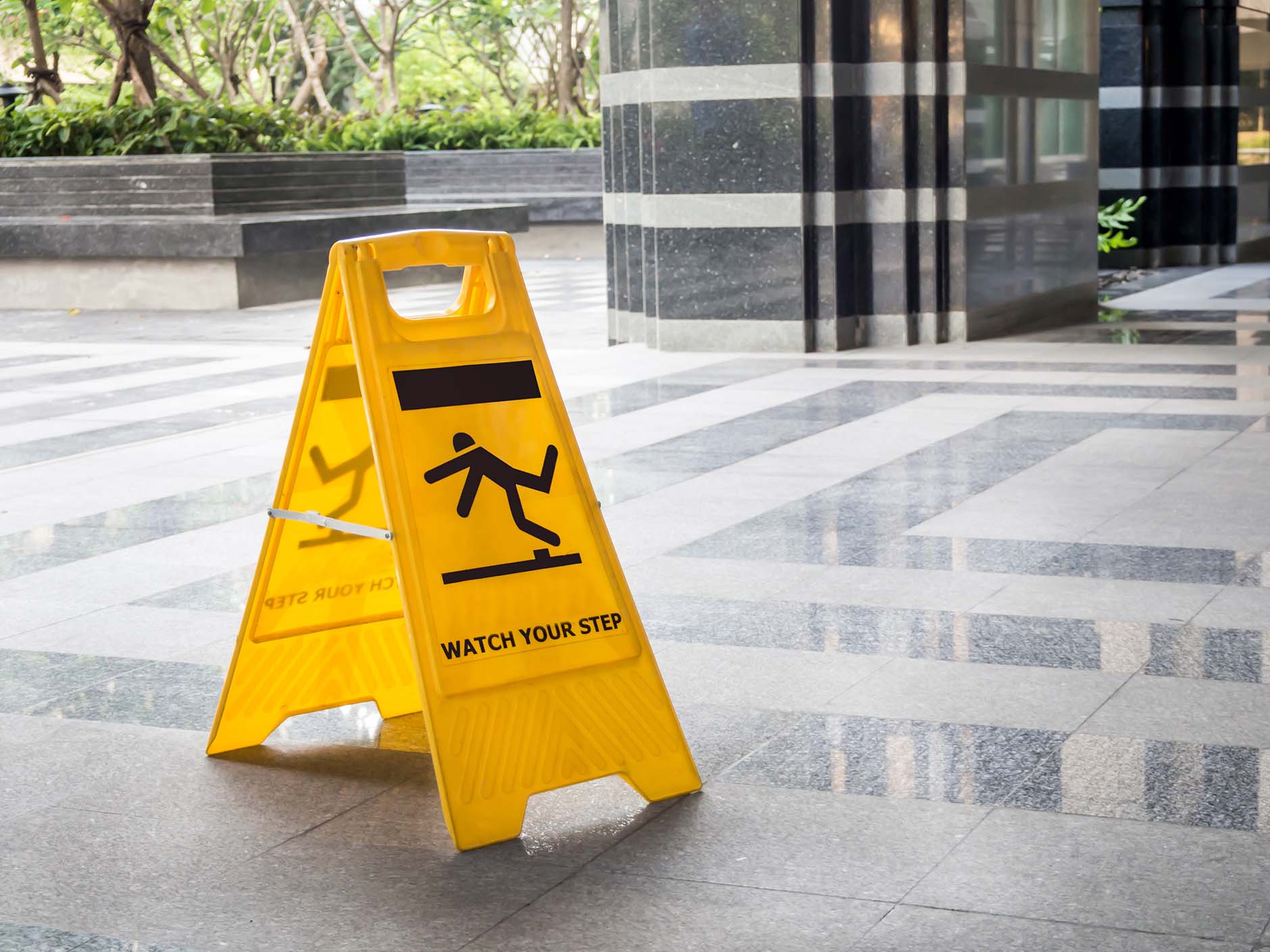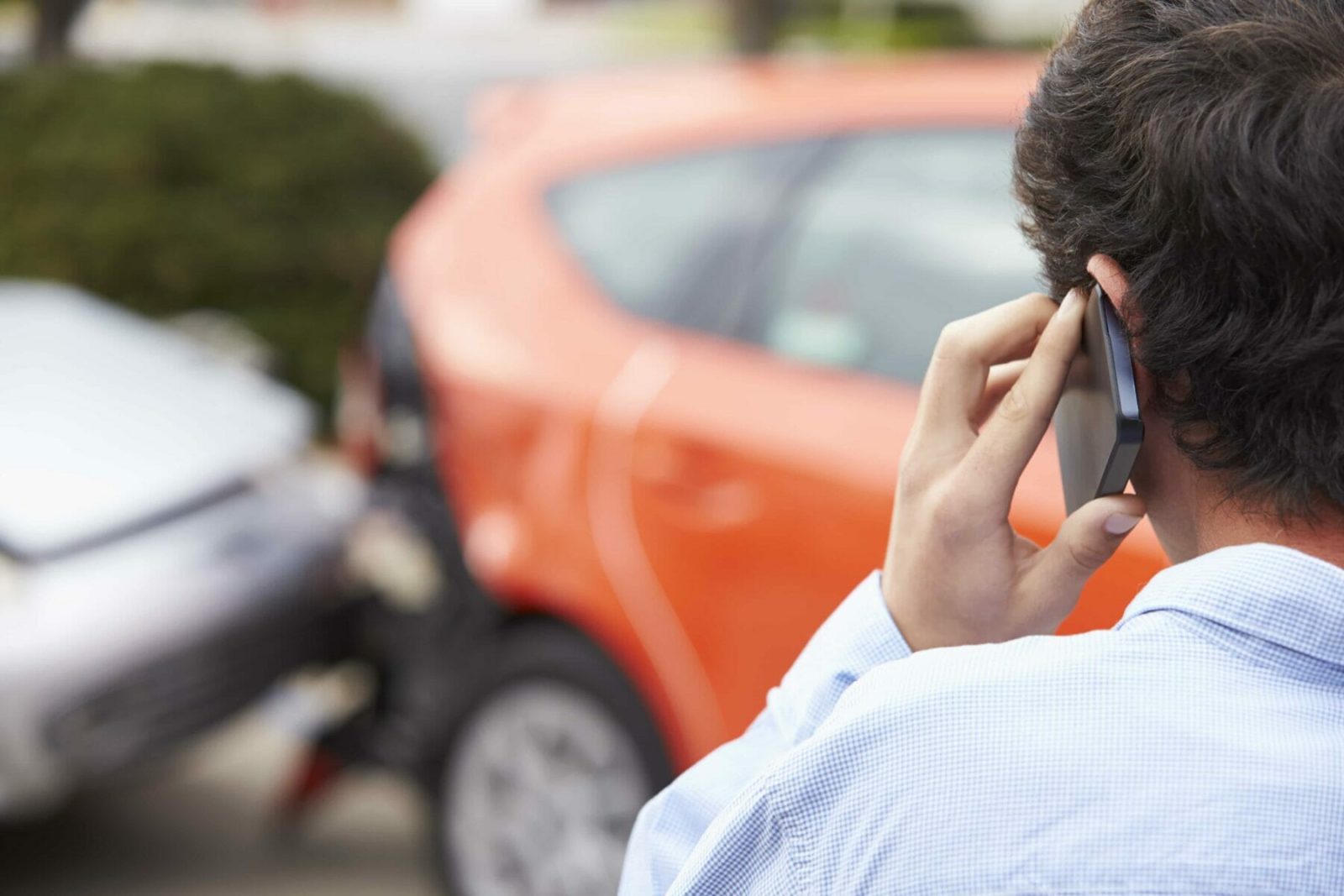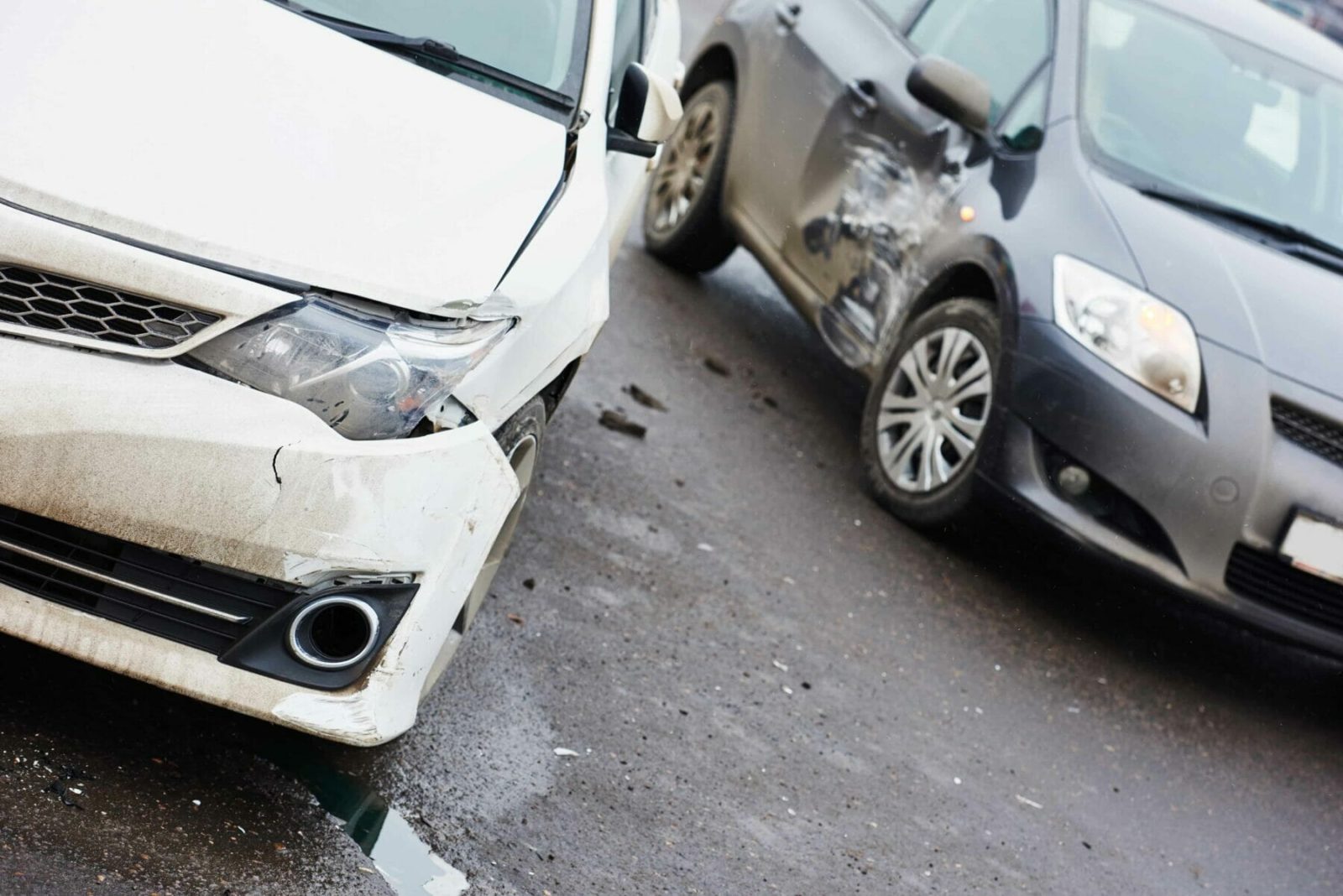OUR SLIP AND FALL LAWYERS IN SALEM CAN HELP YOU
Slip and fall accidents are one of the many common causes of emergency room accidents in Salem, OR. A fall may not initially seem that serious. Indeed, many people are able to get up and walk following such accidents. But this often masks the fact that one or more serious injuries have occurred, such as soft tissue damage, a concussion, or even a broken bone or fracture. In some cases, these injuries can lead to serious complications.
Falling accidents happen for a number of reasons. One of them is the negligence of a property owner. If you have fallen down while shopping in a store or are otherwise on someone else’s land, the owner may have failed to identify and correct a known safety hazard that led to your accident. If you have sustained injuries as a result, you have a legal right to seek compensation for your losses. Lance D. Youd is a Salem slip and fall attorney with three decades of experience in helping people like you hold irresponsible property owners accountable in court.
Proving a Property Owner Was Negligent in Salem, Oregon
Slip and fall accidents fall under the heading of “premises liability” claims in Oregon. A premises liability claim is a personal injury that is rooted in the negligent acts or omissions of a property (“premises”) owner. Not all injuries that occur on someone else’s property are legally the owner’s responsibility, however, so it is important to understand when and where premises liability actually applies.
The first step in establishing any personal injury claim is showing that the defendant owed some legal “duty of care” to the plaintiff. In the context of a premises liability, this duty of care depends on the status of the person who was injured on the property. Oregon broadly recognizes three different categories of persons:
- A business invitee. Most slip and fall accidents tend to fall under this category. A business invite is basically anyone who enters the property in question for the purposes of providing some financial benefit for the owner. So if you go to the supermarket to buy groceries, you are a business invitee of the store owner. Likewise, if you have a paid ticket to attend a concert, you are a business invitee of the venue owner. Oregon law imposes the highest duty of care with respect to business invitees–the owner must have an “affirmative duty” to such patrons to ensure that the property is in reasonably safe condition.
- A licensee is similar to a business invitee in that they have permission to enter the owner’s property. But a licensee differs in that their presence is not for the financial benefit of the owner. If you are attending a party at a private home, for example, you are a licensee of the homeowner. Owners owe licensees a duty to fix any “concealed dangers” on their property or to warn licensees of the danger.
- A trespasser is someone who is on the property without the owner’s permission. Generally speaking, an owner has no duty of care to warn or protect a trespasser from any hazards on the property. But an owner could still be held responsible if they willfully injure a trespasser.
Establishing a duty of care, however, is just the first step in holding a property owner liable for a slip and fall accident in Oregon. There are two additional steps the accident victim must complete. First, they must show the owner was actually negligent. Negligence means the owner’s conduct need not be deliberate but it must show a disregard for the applicable duty of care. In a slip and fall accident, this can be as simple as showing there was a puddle of water left on the floor of a store that the owner either failed to notice within a reasonable period of time or should have noticed had they regularly inspected the floors.
The second and final step is showing that the victim actually sustained injuries as a result of a slip and fall. In any personal injury case, a plaintiff must prove their damages, which can include all of the following:
- past medical bills arising from the accident;
- estimated future medical bills and rehabilitation expenses;
- lost income if the accident caused the victim to miss time from work due to their injuries;
- diminished future earning capacity if the injuries permanently impaired the victim’s ability to resume their previous work or career;
- compensation for pain and suffering; and
- any other out-of-pocket expenses arising from the slip and fall accident.
Our clients say it best
At Youd Law, we pride ourselves in offering unmatched service. Lance and his staff are responsive and respectful, providing efficient, expert assistance in a kind and courteous manner.



